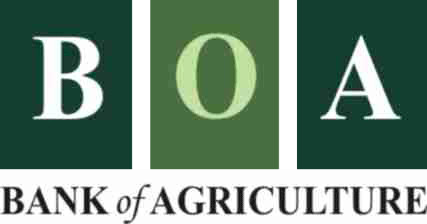Banking and Compliance
Bank of Agriculture is dedicated to the combating of financial crimes, including money laundering and terrorist financing. In this regard, the Bank has implemented a framework for Anti-Money Laundering (“AML”), Combating the Financing of Terrorism (“CFT”) and the prevention of the financing and proliferation of weapons of mass destruction.
The framework ensures Compliance with applicable laws and regulations of other regulatory agencies such as Institutions Act (BOFIA), CBN Act, Money Laundering Prohibition Act, EFCC Act, Failed Banks and Financial Malpractices Act, Various Tax Laws, Pension Fund Act; Nigerian Accounting Standard Act, Corporate Affairs Commission (CAC), the Nigerian Securities and Exchange Commission (SEC) Regulations, the Basel 2 Committee and the Guidelines of the Central Bank of Nigeria.
It is BOA’s policy to comply fully with all these laws, regulations and standards within the country, where its business is conducted.
Feel free to subscribe to BOA newsletter for monthly updates, best practices and latest news
Kindly note that the Online Loan Application is not yet ready for use.
Customers or Users will be appropriately notified once the E-commerce/Banking portals are ready for use.
Customers should go to the nearest BOA Branches for any form of transactions with the bank.
Please beware of impostors.
